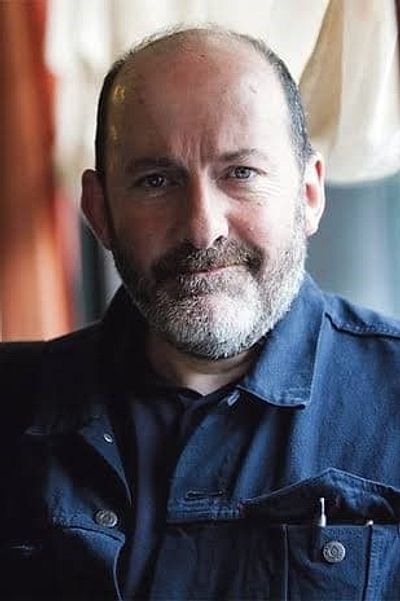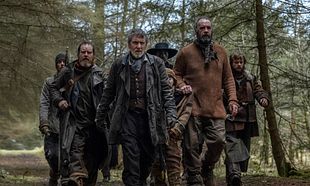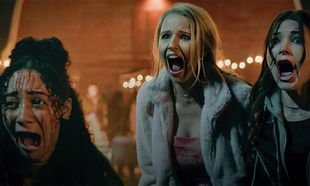In some ways Living In A Coded Land is the closest a film has come to explore the legacy of colonialism in this country. This isn't an anti-British sentiment, and I am no psychiatrist, but being under foreign rule for the best part of a millennium can have an impact on a nation's psyche. What kind of people emerge from something like that? What will be their identity? Pat Collins, following up his pensive debut Silence, touches on this in this dreamy, poetic and beautiful documentary.*
Collins doesn't go as far back as the Norman invasion but he does pinpoint the battles of the Boyne and Aughrim as the defining moments of a New Ireland - the fallout of these battles would come to shape us as a people and a nation, the people we are today. Spurred on by the crippling poverty in their midst, the cattle hands that helped William defeat the Jacobites went about acquiring the land and estates the ruling catholic society were confiscated of by the now in- control protestants. Collins traces this line through to the new wave of 'managers' and 'middle men' that evolved in the sixties (educated businessmen who thought beyond dad's corner shop) and hints at their spiritual offspring in today's financial sector.
That might be a bit of a leap but if there is one constant theme here is that past is present. There’s even a quote from William Faulkner: 'The past is never dead. It's not even past.' This makes the documentary sound more linear than it is - those who witnessed Collins's oblique Silence will know that each idea is linked tentatively to the last but links they are and one feels encouraged to figure out why certain episodes are here but further watching will deepen understanding and hasten more rewards.
In a style reminiscent of Terence Davies's Of Time And The City, the director assembles a loose narrative of images and interviews that, while flitting back and forth through time, generally moves from the direction of those historical battles to contemporary Ireland. Conor Cruise O'Brien, Seamus Heaney, Patrick O’Connor, and Sean O'Faoloin turn up in carefully put together interviews and archive footage but it's John B. Keane's ruminations on emigration is the one that truly stirs.
A filmic essay? Slow Cinema? How about terrific documentary?
*This may not be what it's about at all. All theories welcome.













































































